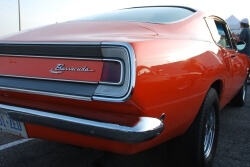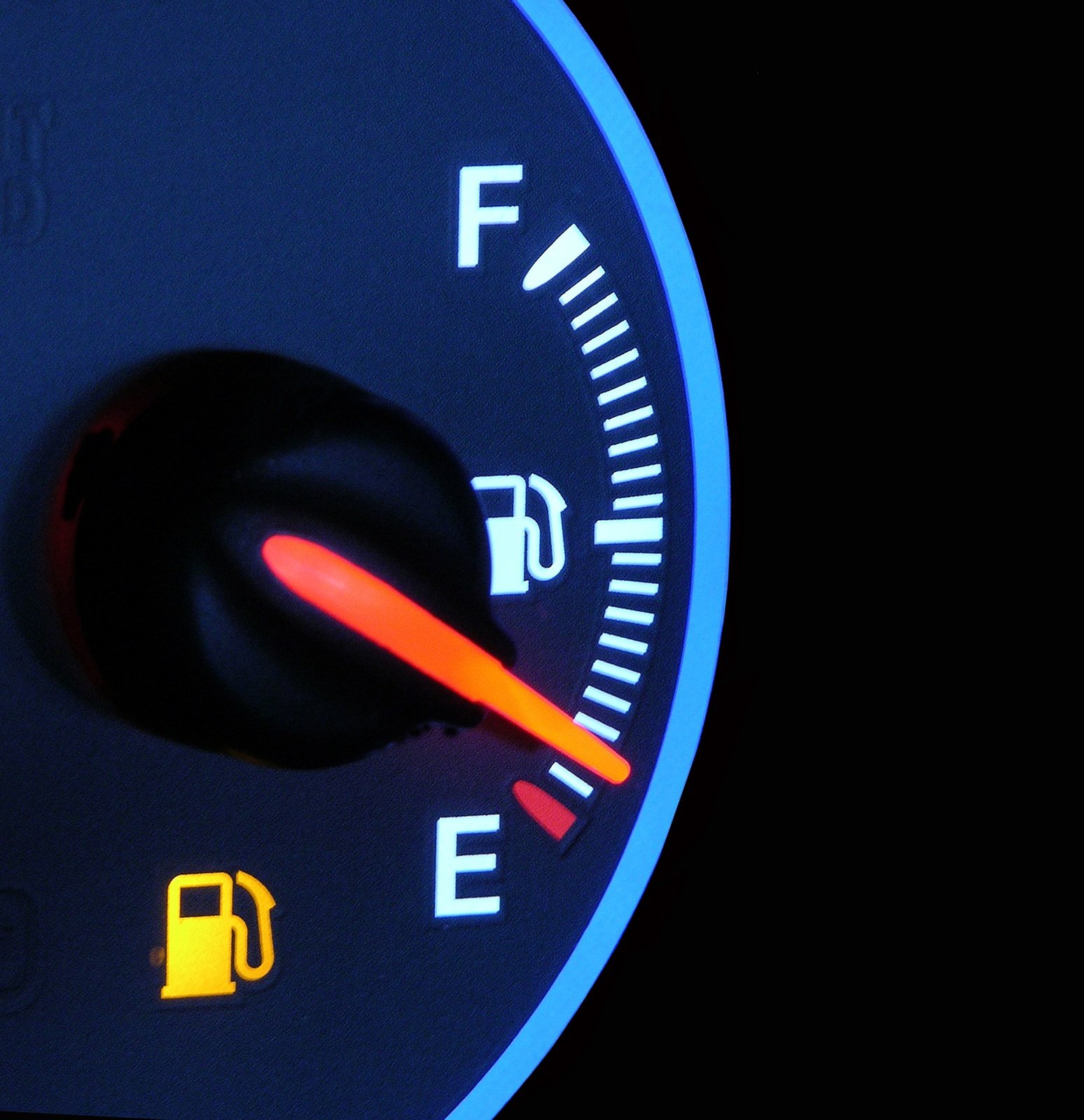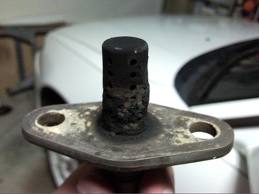How to Check Gas Mileage
Most simply, fuel mileage is determined by dividing the number of miles you have traveled by the number of gallons of fuel consumed. But in the real...

Cars and trucks have really changed in the last ten years.  Watch old TV shows from the 50s and 60s or nostalgic movies like American Graffiti, and you can see big cars. They don't make them that like any more. All of that is changing.
Watch old TV shows from the 50s and 60s or nostalgic movies like American Graffiti, and you can see big cars. They don't make them that like any more. All of that is changing.
The theme of the modern car is now smaller, lighter and more efficient. The cars are safer now, which seems counterintuitive given that they're smaller. Thank better modern engineering with crumple zone for that fact.
The exception to this trend is the SUV market, where it seems that bigger is better. Cars have gotten smaller, SUVs have gotten bigger. And that brings us to the issue of gas mileage.
Everyone knows that the downside to having an SUV is that you spend more on gas. We have a car dealer commercial here in Central Florida that tries to scare consumers by trumpeting "when gas prices go up, the value of SUVs goes down by 856%". Okay, not 856%, but you know what they mean. They're trying to scare consumers into running to their car lot and trading in their $30,000 SUV for $10,000 to put toward a $20,000 new car that may save them $30 a week in better gas mileage.
At any rate, the size of the vehicle affects gas mileage. The Obama Administration earlier announced new gas mileage requirements that would make automakers produce cars with a minimum gas mileage rating of almost 36 mpg within the next four years. That's a 10 mpg increase over 2012 standards. And the standard is supposed to almost double by 2035.
How does we get from here to there? It's one thing to write a law requiring cars that get better gas mileage, but that's much more easier said than done. Drivers want more power and more features in their vehicles. The government wants them more efficient. How can both things be balanced?
One thing they do is replace heavy metallic materials with lighter space-age plastic composites. Almost any new car is jammed packed with these materials. Making the car lighter is essential to reaching the new requirements, because you burn more gas propelling a heavy car down the road. Plastics weigh less than 20% of the weight of steel. So carmakers squeeze weight savings by installing plastics everywhere they can, even under the hood in plastics. The Department of Energy estimates that lowering a car's weight by 10% can give it 7% better gas mileage. If they can lower a car's weight by 200 lb, all other things being equal the car will burn 0.1 gallon less fuel for every 60 miles it goes. That doesn't seem like much but the environmental savings of less gas burned adds up. It's also a case where automakers have to grab every bit of savings they can to meet this challenge. How do you really double fuel efficiency while making the car fancier and with more features? It's a big big challenge.
Speaking of under the hood, car makers can put as much plastic siding on the car as they want, but it's the engine that makes the biggest difference. And that's where another challenge comes. Drivers want faster and more powerful cars. Drivers want to improve their gas mileage at the same time. But how do you make a car lighter and more efficient, but more powerful at the same time? Unfortunately, drivers are going to have to realize that increasing efficiency by 30% in five years means they may be faced with choices of only smaller cars with less powerful engines. They may not start getting everything they want in terms of choices in the marketplace.
A lot of people aren't going to be happy with that. And it's only going to reinforce the negative perception of many people that the government is interfering in their lives just a little too much.

Most simply, fuel mileage is determined by dividing the number of miles you have traveled by the number of gallons of fuel consumed. But in the real...

Today, Bell's on-staff master mechanic James Dunst breaks down mechanic issues in your car that could be related to getting good gas mileage.

Half the country is currently in the grips of a major heat waves, with triple digit temperatures and heat indexes all across the nation.